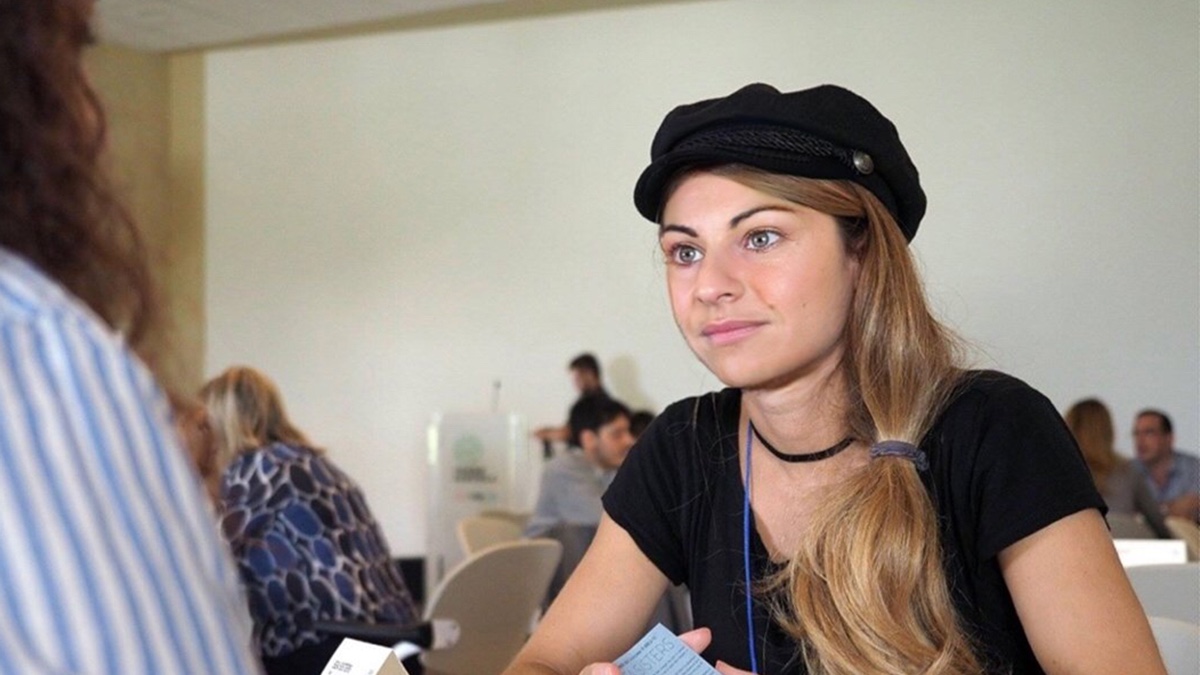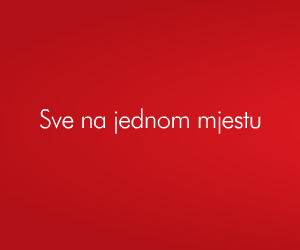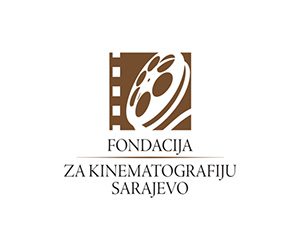
21/08/2019
He called me and said: I have cancer, make a movie
“Can a person be truly happy, despite being gravely ill?” is a question that is asked by the film about a charismatic Italian culinary show host Nick Difino, whose rising career was hit by the most unexpected diagnosis: cancer. Without any doubts, director Brunella Fili*, whose movie 'Bottoms up' is screened at this year's Mediterranean Film Festival, somewhere between a plate of eggplant with parmesan cheese and golden panzerotta with wild broccoli, reveals unexpected answers.How did you get involved with Nico? How entire story started?
We have been friends for several years and he loved my first movie, “Emergency Exit”. It all started in this way: I remember Nick calling me 3 years ago, the chills down my spine: “Brunella, I’m fighting cancer”, he confessed, “I need to understand what’s happening to me and you must help me, nobody else except you could manage this”. I was speechless, it was a storm for me too, which brought back old family memories, which I didn’t want to remember. Also: how could I turn on a camera before my friend, without knowing how it would end? After metabolizing, I told him “Anyway, I’m with you”. And I encouraged him to record his days, not only the therapies. In the meantime, interviewing him during the journey, fragile but smiling, weakened but centred, I understood with him that making a film (and not only a private diary), could somehow give courage to others, be ‘useful’ to those who lived the same story and - perhaps - even to those who were not sick , to the “healthy” people. I understood that I wouldn’t make a film about cancer, but about the love for life and the strong positivity we could use against the pain to survive in bad circumstances. My best memory of all? When, showing Nick the final cut, he embraced me in tears of joy. As if he was healed for the second time. And me with him.
While filming, at the hard time, did you or Nick ever thougt about giving up the whole story?
When I decided to produce the film definitively, I was convinced of the importance of the whole thing, despite all the difficulties we experienced. But, what people rarely ask is if it was difficult emotionally to edit the film. The emotions experienced during the repeated viewing of Nick's video diaries. By accepting to help him in telling his story, I somehow experienced the drama with him. We didn't know how it would end, which made the process very delicate and emotionally hard. Before starting shooting, I had a lot of anxiety about how to "access" his life. What to ask him? How close to that pain I had to push myself? When should I stop showing certain moments? In writing and editing we tried to imagine what it would have meant to show strong scenes, even if in the best possible way. Furthermore, we had to make Nick's first personal video story dry and essential, and I asked him to have “blind faith” and give me the "reins" of his life. We had to find a key to avoid creating misunderstandings or perhaps being accused of showing a delicate subject with too much irony, mixing it with food and recipes. Fortunately, this was not the case and the audience, the awards received and good critics are rewarding us, especially patients and former cancer patients.
The movie begs the question 'Can one be happy despite being gravely ill? What would be the answer to this question?
I would say ... YES. In fact, the idea behind the film was not to show an illness, but to show a possible positive reaction to it, despite everything: this idea was what struck me most in the story of Nick, who lived everything in first person, with the courage of sharing. This is what makes ‘Alla Salute’ a film full of hope: the love for life, the strength, the tenacity that each of us is able to oppose to the most absurd pain, finding a meaning even where there seems to be no meaning. We don't need to suffer alone, if we are able to open ourselves to a community. This is what taught me making this film and I tried to highlight it during the filming and editing. I think this could be a 'lesson', a meaning that we could use also if we are not facing an illness, but everyday: the importance of every moment of our lives, the quality time with our beloved ones, being grateful for each day we spend on earth.
Where is Nick today?
Nick is doing very well, he's based in Apulia. He works, smiles, cooks and has a lot of quality time. We are a 'film-family' now, with the other protagonists (the doctor, the nurse...) and we enjoy very much travelling together and screening the film all around the world.
Your earlier movie 'Emergency Exit' tells the story of a 'forgotten generation' as you called them, young people living outside of Italy, their motivation for living outside of Italy and the lives of immigrants. What is the image of young people in Italy today?
At the time of my filming, all the young Italians I met were always divided between the desire of fulfilling their working ambitions abroad, with meritocracy and good wages, and the homesickness they felt. So, they were half-happy in a certain way, but quite hopeful for a better future. Today, I see young people almost completely losing their confidence in a future that seems scary and heavy, not only in Italy, but also in other countries of Europe.
*Interview published in Večernji list


